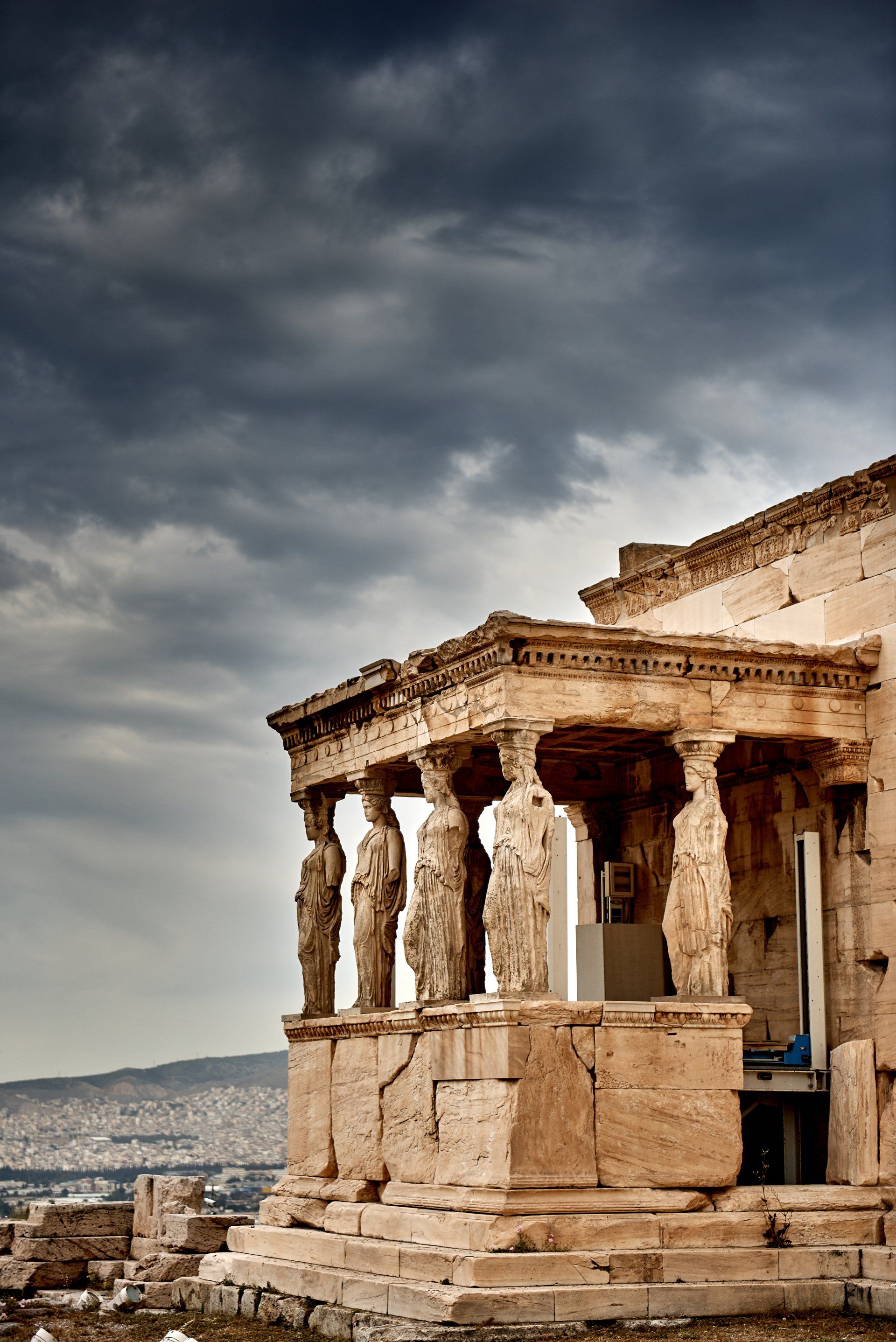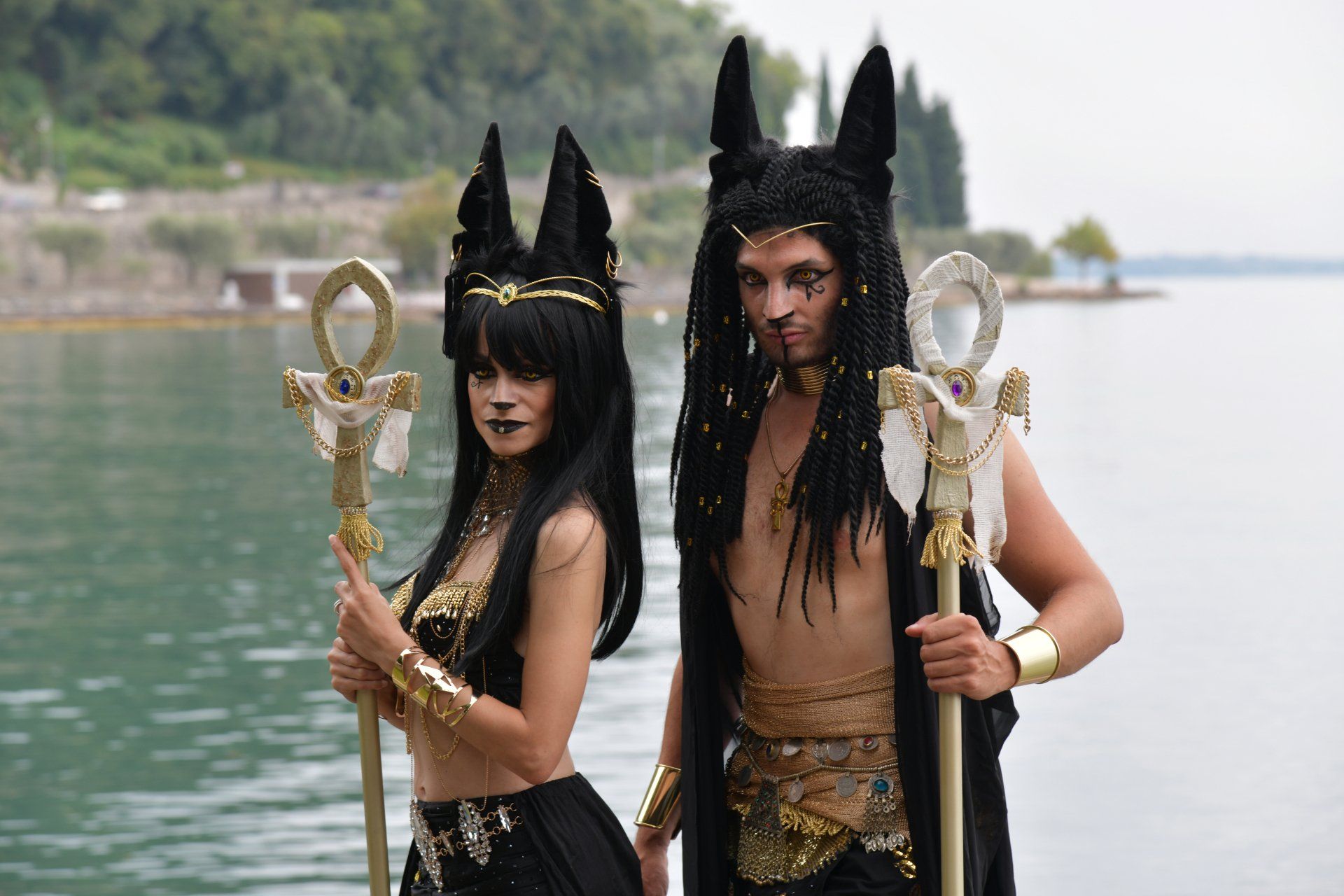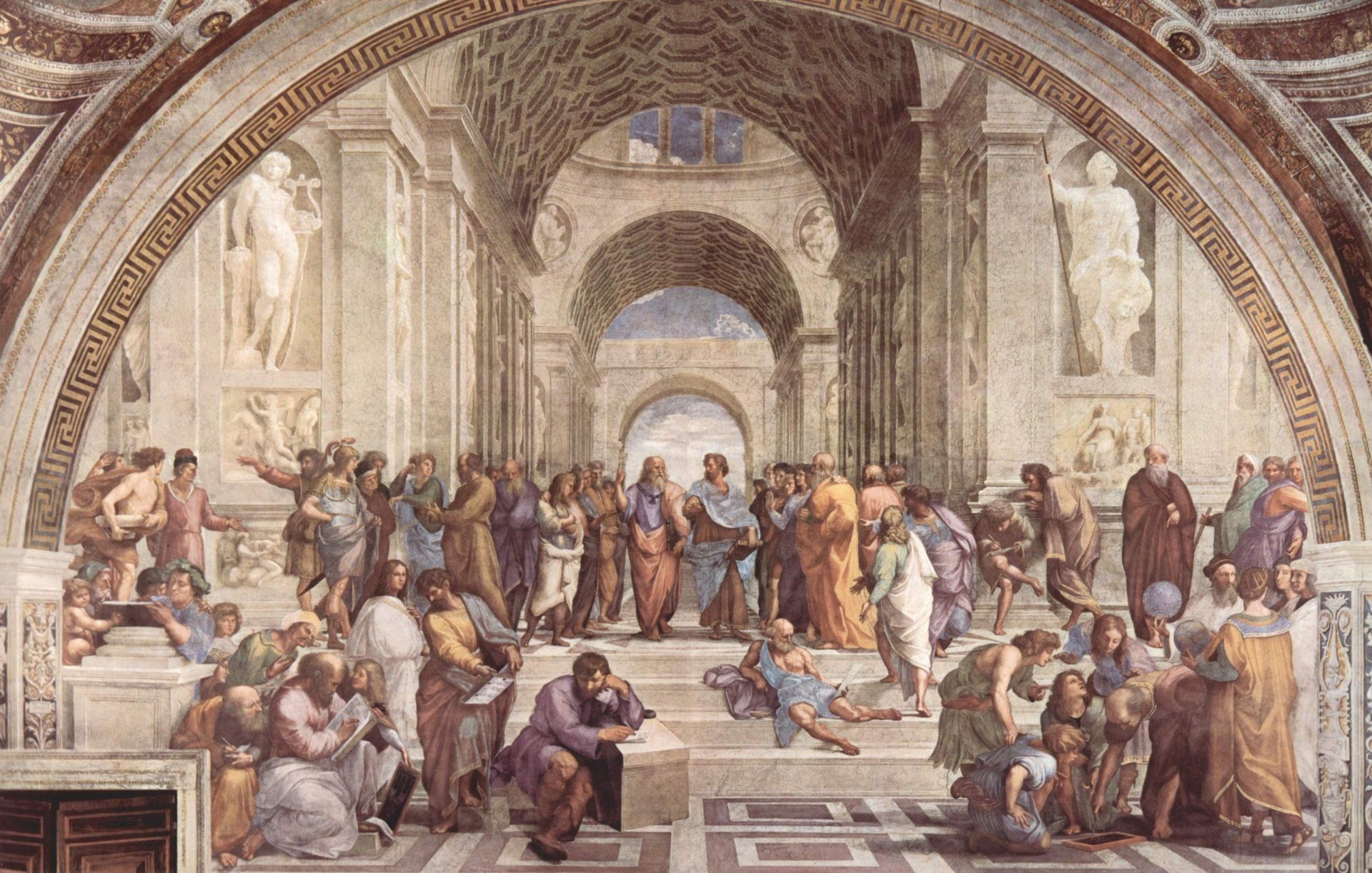History & Art
Great art is like falling in love
Art is at all times about connection.The connection of the creator to give expression to his thoughts and or feelings and the about the connection that the observer has with the work and the analysis that arises from this, this analysis is very healthy for the human brain and also for getting in touch with your true self. Your self , that dreams, that dares, that feels, the peter pan that continues to wonder, that part in you. Art brings together the past, the present and the now.
You don't have to be a connoisseur of art to like it and let your feelings speak for themselves, but the more knowledge you carry about world history and about cultural anthropology or ethnology , which studies the social behavior , economic structure and religion of a population group.
In this way you can place an object in a time frame in which an object was made and apply this when analyzing this object ...and thus learn to understand through what lens the Maker looked at the world " only then do you learn to appreciate the object and its background and it gets more and more meaning.
Understanding arises through observation, knowledge and analysis.
And putting yourself in someone else's place helps you to broaden your own perspective on the world and to give insight into your own life. We are here to grow, to grow out of our I-ego short-sighted how I see the world is the only reality, to grow to a consciousness in which I changes to the we, the 1 ... and when you transcend this I-ego principle then you see and experience that a wide understanding view of the world makes your reality a lot more colorful and loving.
Living in truth, this truth you will never find outside yourself, and discovering means understanding and comprehension is of great importance.
We only understand our truth when we realize that our personal truth can only be found in our hearts. Live your truth, live from your heart.
How to do this? There are many different opinions and views in this world, do not go along with views that are logical according to your mind, but go along with the opinions that you feel deep in your heart. The inner truth of your heart.
This connection with your true being helps you further on your unique life journey. It brings you again and again answers to questions that synchronously coincide with what is on your life journey at that moment and it guides you along the way.
The observer
The analyst
The Lover
I would like to introduce you to a bit of history because it will help develop your view of art in the present. What was art dedicated to and how did it originate, how is it that modern issues already have an origin in the oldest human civilizations.
In ancient Egypt, art was dedicated to the divine , and for the afterlife of which the great tombs are evidence. The Pharoa was the gateway and most closely associated with the gods and the divine and thus possessed complete dominion. People lived to please the gods. The other world that was so important to them was just as "true" as the physical world.
This parallel world exists without time and is infinite and simultaneously present. The Egyptians called this world the *Amduat and it penetrates the world of the living though it is invisible to our senses. It is a world that exists in an expanded consciousness.
Only through a direct experience "an inner experience" is an inner illumination possible. Where the Egyptians placed so much value.
As time progresses man becomes an increasingly important aspect within this universe.
In ancient Greece a civilization arose that was based on democracy and shared leadership. Here you see that the art and expression clearly changed and that people were depicted instead of just gods. These were often athletic figures. In this society philosophy, science, literature, architecture, trade and human development came into a fast stream. The world's most famous philosophers, Socrates, Aristotle and Plato all have their roots in civilization.
In addition, Art in conjunction with writing has made a great leap in human development. We currently live in an information age, where all information is freely accessible, but was this the case in the past?
The ancient Summerians nailed the writing into tablets of clay and stone. For years writing was transmitted in this way, only information was not easily transportable this way. It was not until the discovery of Papyrus or the oldest form of paper that information became portable. This was around 3000 bc.
Papyrus is an aquatic plant that takes root mainly in the Nile.
By laying the fibers of the plant horizontally and vertically on top of each other and pounding them, the sap becomes a kind of glue that makes it a smooth whole. Then short pieces are glued together with a kind of flour porridge, grain was abundant in Egypt.
Grain and papyrus became the most important export products for Egypt.
The rolls are between 15 and 30 cm wide and usually 3.5 meters long. The Hebrews , Greeks and later the Romans wrote their literature on these papyrus scrolls. . And so the book was born, a supple, light-carrying object ready to travel.
But even books have many mass murders on their conscience, because knowledge is power! And this power was transmitted through books and secret societies. But this knowledge was also impermanent, for books are, after all, highly flammable.
In 331 BC Alexander the Great founded his new capital in Egypt:
Alexandria because the origins of this city originated in a vision of a young hero , commander and monarch.
Alexander Magnus or the Great , the nickname the Romans would later give him , was born in Macedonia as a prince. He enjoyed the best education and was taught by 1 of the most influential Greek philosophers Aristotles , Alexanders main literary inspiration was the Iliad of homerus which he carried with him at all times for advice and counsel . He was a huge, young wise person with great military and leadership acumen. He traveled some 25000 km in his lifetime and he conquered the greatest empire of antiquity. He founded some 70 cities which all became centers of Greek culture.
He conquered Egypt, central Asia, Persia and India and the most famous city was Alexandria which became the capital of economic power.
Civilizations tended to settle in and around water, fertile land and accessible routes and Alexandria is a good example of this.
This first globalization is also called Hellenism, in which Greek views, beliefs and ways of life were transferred to other parts of the world ... and so in the time of Alexander, who did not believe in racial distinctions, Greek was spoken in Asia, Africa, India, and Europe.
Alexander met his death at the age of only 32,
Few have been written about as much as this hero whose wish it was to become a legend. There are echoes of him in the Bible and the Koran. Ptolemy's sworn brother but perhaps also his murderer who became ruler of Egypt in the name of Alexander, made the well-known CleopATRA some 250 years later his last descendant became pharaoh of the Ptolemaic Empire, she thus possessed a GREEK background.
Cleopatra , was a multilingual intelligent lady whom you could not impress with gold. Her admirers donated hundreds of thousands of books to her for the library of Alexandria . It was a hellish task for Thousands of intellectuals to translate those writings into Greek. After all, the Greek language was a new world language.
Knights were sent all over the world to search, buy, deprive the written script both papyrus scrolls and books and many people had to pay for this book crusade with death. As said knowledge is power a books inflammable and so a great fire 48 before vhristys made the library a thing of the past.Much wisdom was lost.
Alexander basically laid the foundation on which the Roman Empire was built.
The Roman Empire made its appearance with the result that the writing of the intellectuals slowly changed from Greek to Latin.
The Egyptians, the Greeks and also the early Romans believed in multiple gods or polytheism. The Romans worshipped the same gods as the Greeks only most of the names were changed. The goddess of love Aphrodite became Venus, the Greek supreme god Zeus became Jupiter and Hermes became Mercury and Poseidon became Neptune. These gods are found everywhere in ancient art and architecture.The Roman Empire changed from a kingdom , to a republic and it passed into the Empire.
Around the year zero from the imperial reign the Romans had a state religion that required everyone to believe in it. The emperors themselves became remote good
This state religion had a great impact on the Jews and in 100 A.D. also on the Christians. The distinction in religion was slowly used as a means of power with all its consequences for societies.
But then we go a step further , How does our current lens of reality look through a historical lens. And what does this tell us about ourselves, about our own views and what does it teach us?
The time when it is told is important as well as the perspective, knowledge and beliefs with which the recipient as well as both the narrator live. And this makes art and its history fluid, the story we tell now may not be so relevant in 100 years.
But the fact is that our rich human history will always be an inspiration for contemporary art. Art connects the past with the present and gives the future opportunities to take shape.
Bianca
All rights reserved | Bianca Frölich
Humanity
85%
Consciousness
Level
below 207
Density
low
Year
2020
It's very concerning to see that the majority of humanity lives on such low levels of consciousness. This is the real problem of planet earth *consciousness part 2 will explain more please read it. .press here



